
Bill Tai is a venture capitalist and a kite-surfing fanatic who combines the two whenever possible. In addition to being a partner at Charles River Ventures, he co-founded nonprofit MaiTai Global, a professional networking group that merges work, play and philanthropy.

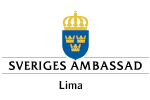
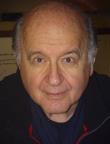
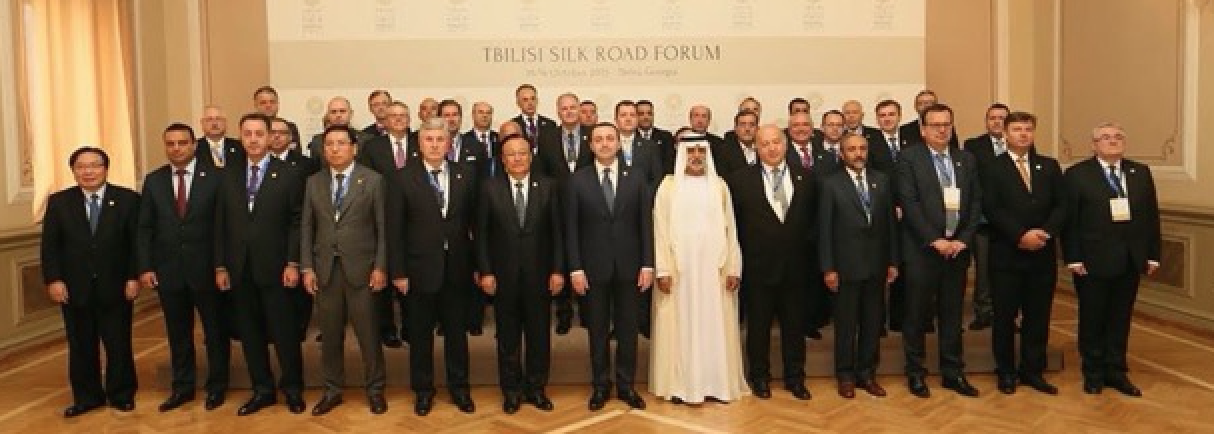 Peruvian economist Hernando de Soto opened the first Silk Road Forum on Thursday (October 15th, 2015), the event brought in around 800 attendees from thirty countries to the Georgian capital Tbilisi in order to address the future of this large project. In his speech, De Soto emphasized the importance of infrastructure in developing countries, specifically in regard to the Silk Road union from the XXI century that will link China with Europe.
Peruvian economist Hernando de Soto opened the first Silk Road Forum on Thursday (October 15th, 2015), the event brought in around 800 attendees from thirty countries to the Georgian capital Tbilisi in order to address the future of this large project. In his speech, De Soto emphasized the importance of infrastructure in developing countries, specifically in regard to the Silk Road union from the XXI century that will link China with Europe.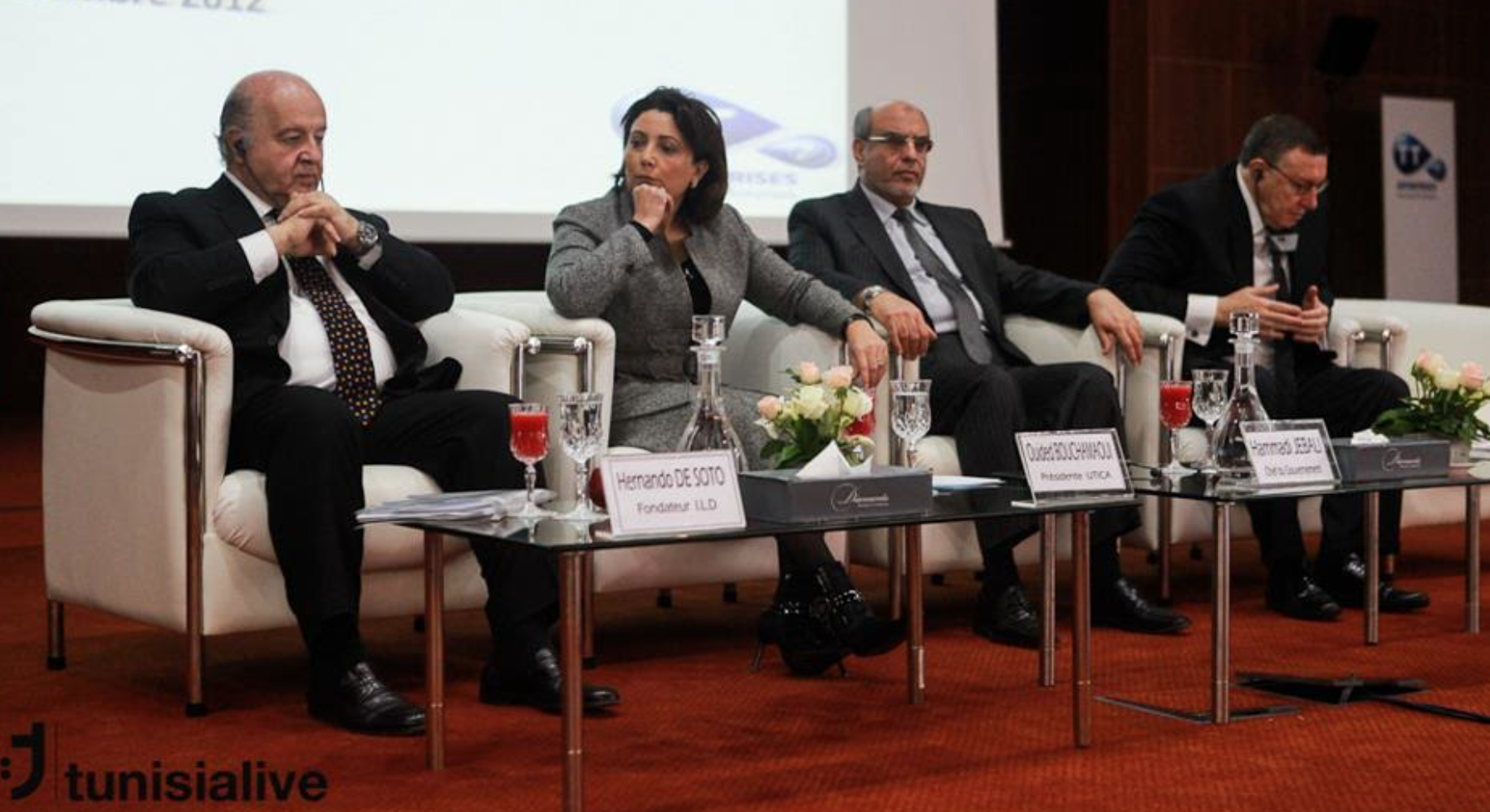 The ILD would like to send a big congratulations to Wided Bouchamaoui, founder of the Maghreb Council for Inclusive Entrepreneurship, who was one of the four winners in Tunisia's National Dialogue Quartet for the 2015 Nobel Peace Prize. The award was granted to them based on their efforts in Tunisia's peaceful democratic transition after the Arab Spring. The Council groups the most important business institutions in Algeria, Morocco, Tunisia, Mauritania and Libya.
The ILD would like to send a big congratulations to Wided Bouchamaoui, founder of the Maghreb Council for Inclusive Entrepreneurship, who was one of the four winners in Tunisia's National Dialogue Quartet for the 2015 Nobel Peace Prize. The award was granted to them based on their efforts in Tunisia's peaceful democratic transition after the Arab Spring. The Council groups the most important business institutions in Algeria, Morocco, Tunisia, Mauritania and Libya. The first day of the Silk Road Forum featured addresses by distinguished keynote speakers, allowing business executives and policymakers to share their views, experiences and expertise on how to reestablish the historic Silk Road to reinvigorate trade with Asia.
The first day of the Silk Road Forum featured addresses by distinguished keynote speakers, allowing business executives and policymakers to share their views, experiences and expertise on how to reestablish the historic Silk Road to reinvigorate trade with Asia. The Forum, held on October 15-16, aimed to establish a platform for an annual high level meeting where interested parties can get together and explore opportunities, align visions and enhance bilateral partnerships in four main areas of cooperation: transport, energy, trade and business-to-business contacts.
The Forum, held on October 15-16, aimed to establish a platform for an annual high level meeting where interested parties can get together and explore opportunities, align visions and enhance bilateral partnerships in four main areas of cooperation: transport, energy, trade and business-to-business contacts.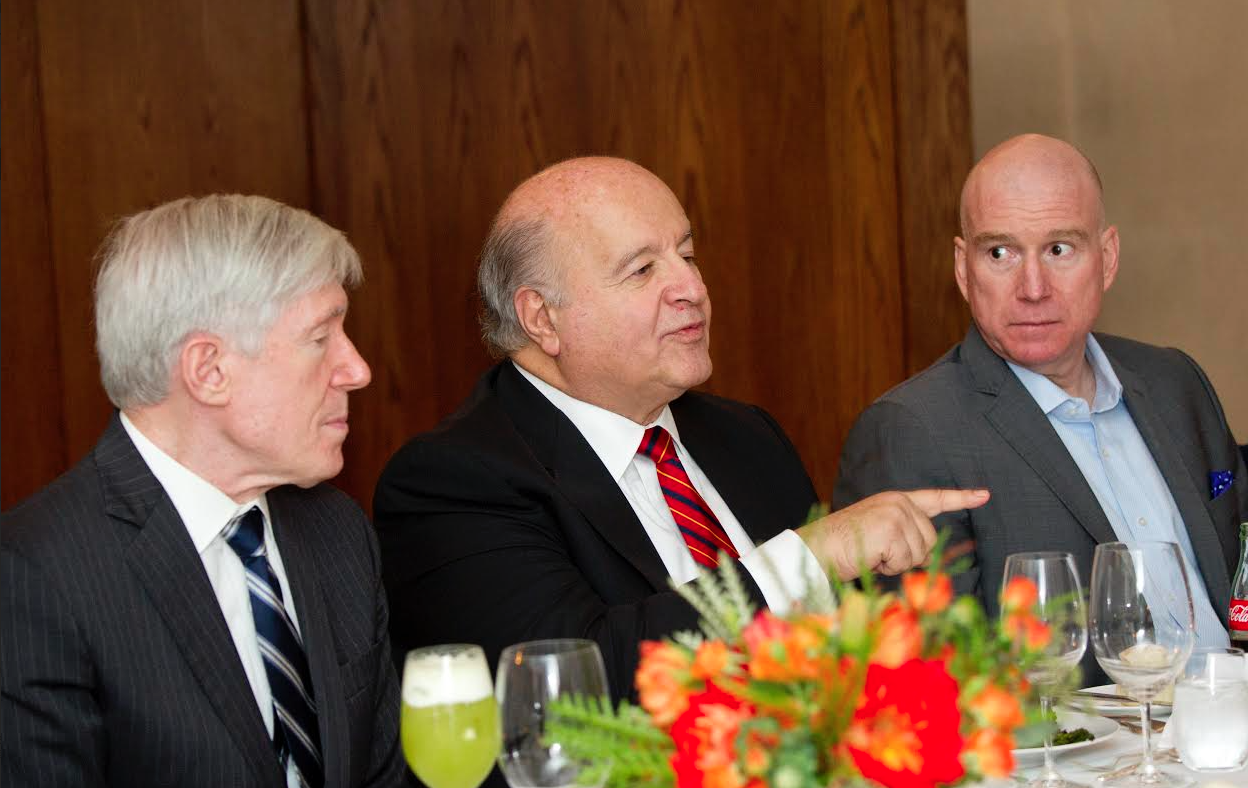
 Much of this is due to an absence of basic property rights, as economist Hernando de Soto argues throughout his popular book, The Mystery of Capital. If the global poor don’t have the legal means or incentives to trade beyond families and small communities, so-called “globalization” will still leave plenty behind.
Much of this is due to an absence of basic property rights, as economist Hernando de Soto argues throughout his popular book, The Mystery of Capital. If the global poor don’t have the legal means or incentives to trade beyond families and small communities, so-called “globalization” will still leave plenty behind.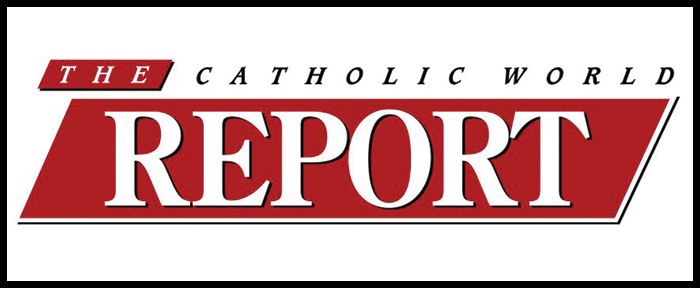 The Pope’s writings and interviews show that his teachings are within the Catholic social tradition, and that he supports business creativity, job creation, economic growth, and free markets. Like his predecessors, Pope Francis says that he does not propose a political ideology, or a sort of “unruly activism” or “irresponsible populism.”
The Pope’s writings and interviews show that his teachings are within the Catholic social tradition, and that he supports business creativity, job creation, economic growth, and free markets. Like his predecessors, Pope Francis says that he does not propose a political ideology, or a sort of “unruly activism” or “irresponsible populism.”  The defining battle of the 20th Century was the fight between communism and capitalism. In the end, capitalism triumphed, but in its wake, it created a small cabal of elites, and endless poverty.
The defining battle of the 20th Century was the fight between communism and capitalism. In the end, capitalism triumphed, but in its wake, it created a small cabal of elites, and endless poverty.